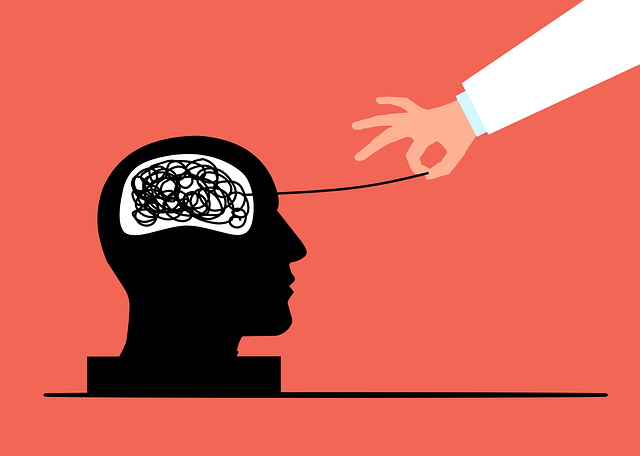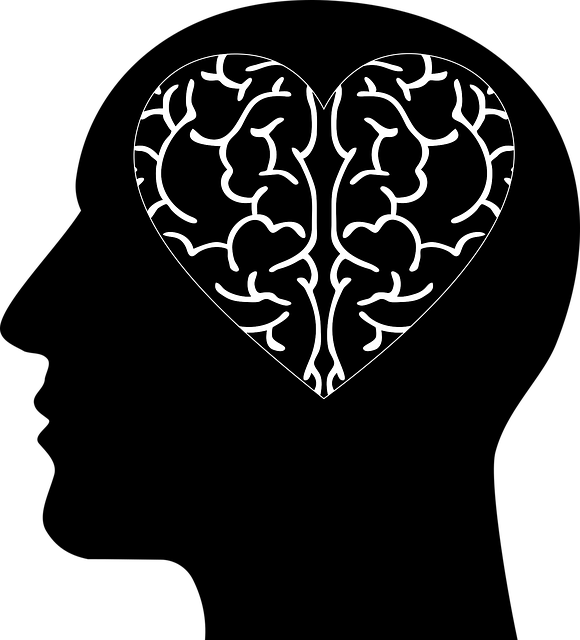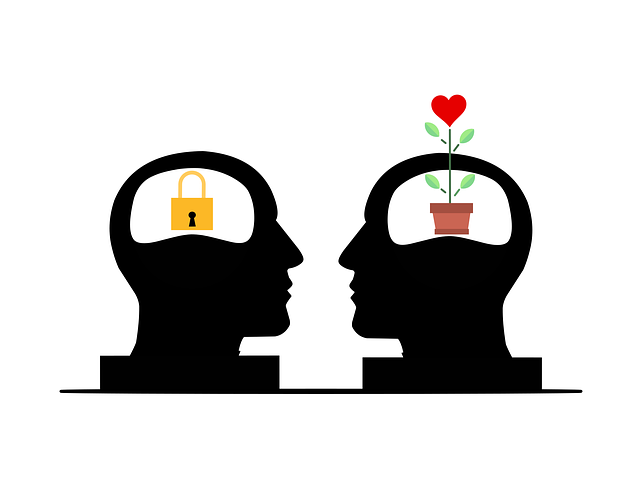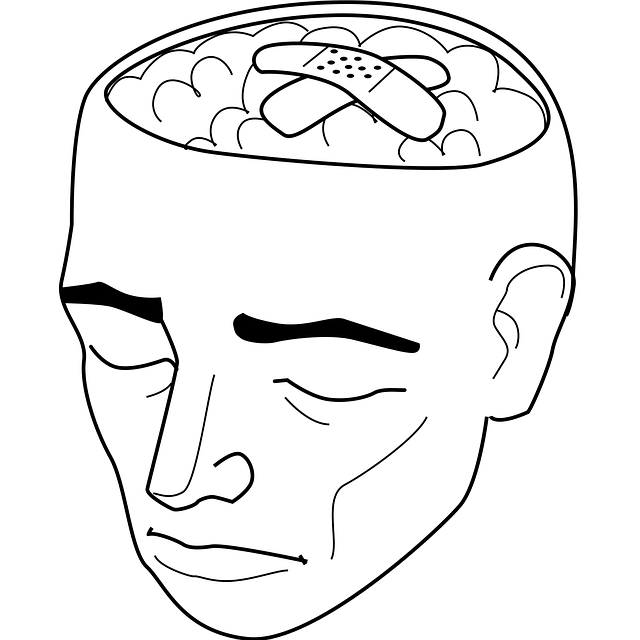In today's fast-paced world, mental wellness coaching programs offer personalized support for managing stress, anxiety, and substance abuse issues where traditional healthcare may fall short. These programs, integrating superior Drug Abuse-Substance Abuse Therapy techniques like CBT and mindfulness meditation with self-care routines, empower individuals to lead happier lives by fostering resilience and personal growth. Effective coaching includes strategies like active listening, goal setting, and empathy building, while continuous improvement through robust evaluation methods, cultural competency training, and peer supervision ensures better mental health outcomes.
Mental wellness coaching programs are gaining prominence as essential tools for promoting holistic health. This article explores the development of such programs, focusing on addressing the growing need for mental health support. We delve into designing effective strategies, integrating superior Drug Abuse-Substance Abuse Therapy, and utilizing coaching techniques to enhance recovery outcomes. Additionally, it highlights the importance of measuring success and implementing continuous improvement to ensure these programs remain impactful and tailored to individuals’ unique needs.
- Understanding the Need for Mental Wellness Coaching Programs
- Designing Effective Drug Abuse-Substance Abuse Therapy Integration
- Implementing Coaching Techniques to Enhance Recovery Outcomes
- Measuring Success and Continuous Improvement in Coaching Programs
Understanding the Need for Mental Wellness Coaching Programs

In today’s fast-paced world, mental wellness is a cornerstone of overall health and well-being. However, navigating the complexities of modern life can be challenging for many individuals, leading to issues such as stress, anxiety, and substance abuse. Superior drug abuse-substance abuse therapy is no longer just an option but a necessity, especially as traditional healthcare systems often fail to address the root causes of these problems effectively. Mental wellness coaching programs emerge as a transformative solution, focusing on personalized support and empowering individuals to take control of their mental health.
Effective mental wellness coaching goes beyond mere counseling; it involves teaching valuable communication strategies and coping skills development tailored to each individual’s unique needs. Moreover, with increasing cultural diversity in communities, healthcare provider cultural competency training plays a pivotal role in ensuring that these programs are inclusive and accessible. By integrating these various elements, mental wellness coaching programs can foster profound positive changes, enabling individuals to lead happier, more fulfilling lives while reducing the reliance on superior drug abuse-substance abuse therapy interventions.
Designing Effective Drug Abuse-Substance Abuse Therapy Integration

Integrating superior Drug Abuse-Substance Abuse Therapy into mental wellness coaching programs is a strategic step towards holistic healing. Effective therapy integration involves tailoring interventions to address the unique needs of individuals struggling with substance abuse while fostering their overall mental wellness journey. A well-designed program should seamlessly blend therapeutic techniques, such as cognitive-behavioral therapy (CBT) and mindfulness meditation, with self-care routine development.
This approach ensures that clients not only gain insights into managing their addiction but also learn sustainable coping strategies to enhance their mental health. By combining evidence-based therapy practices with coaching methodologies, programs can create a supportive environment encouraging personal growth and resilience. This integration is pivotal in promoting successful recovery outcomes and empowering individuals to lead fulfilling lives, free from the shackles of substance abuse.
Implementing Coaching Techniques to Enhance Recovery Outcomes

Implementing coaching techniques has proven to be a game-changer in enhancing recovery outcomes for individuals struggling with drug abuse or substance use disorders. Mental wellness coaches play a crucial role in supporting clients by employing various strategies, such as active listening and goal setting, to foster a sense of accountability and motivation. Through these techniques, coaches help individuals navigate their unique challenges, build resilience, and develop effective coping mechanisms.
One of the powerful tools in a coach’s arsenal is empathy building strategies, which create a safe and non-judgmental space for clients to share their experiences openly. By understanding and validating their feelings, coaches can strengthen the therapeutic bond, encouraging individuals to engage more deeply in their recovery process. Additionally, public awareness campaigns development and inner strength development are integral aspects of coaching that empower clients to take control of their mental wellness and lead fulfilling lives free from substance abuse.
Measuring Success and Continuous Improvement in Coaching Programs

Measuring success and driving continuous improvement are essential components of any effective mental wellness coaching program. To assess progress, coaches should implement robust evaluation methods that go beyond simple self-report. Incorporating quantitative measures like pre-post assessments, standardized questionnaires, and statistical analysis allows for a comprehensive understanding of client outcomes. These tools help identify significant changes in symptoms, coping mechanisms, and overall well-being, providing concrete evidence of the program’s impact.
Moreover, fostering a culture of continuous learning among coaches is vital. Encouraging regular debriefings, peer supervision, and participation in professional development activities ensures that mental wellness coaching remains evidence-based and culturally competent. For instance, Healthcare Provider Cultural Competency Training equips coaches with the skills to navigate diverse client backgrounds, while Risk Assessment for Mental Health Professionals helps identify potential hazards early on. By integrating such training and workshops, coaching programs can enhance their effectiveness, especially when coupled with superior Drug Abuse-Substance Abuse Therapy techniques, ultimately promoting better mental health outcomes.
Mental wellness coaching programs have evolved to become a vital tool in improving recovery outcomes, particularly when integrating superior drug abuse-substance abuse therapy. By combining evidence-based techniques with personalized coaching, these programs offer a comprehensive approach to address the complex needs of individuals on their path to recovery. As we move forward, continuous improvement and measurement of success will be key to ensuring these initiatives remain effective and accessible, fostering healthier communities.














